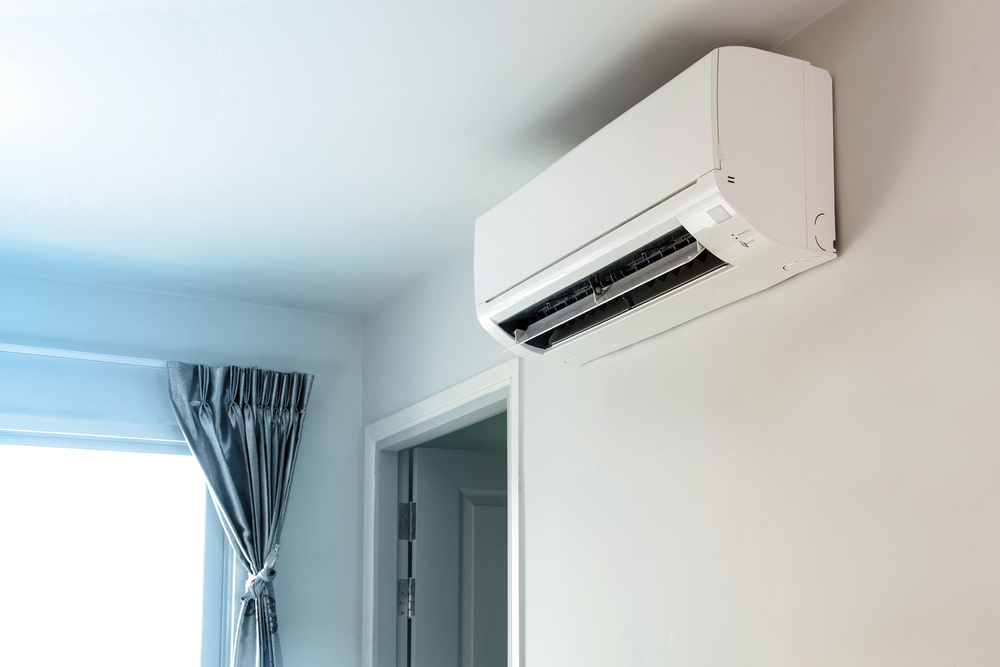Why Vortex Darknet Is the Go-To Platform for Anonymous Communication
Vortex darknet has rapidly emerged as the go-to platform for anonymous communication, offering a unique blend of security, privacy, and user autonomy that sets it apart from other darknet alternatives. In a digital landscape increasingly plagued by surveillance, censorship, and data exploitation, Vortex has carved a niche as a sanctuary for those who prioritize discretion and unfiltered communication. Its architecture is rooted in the principles of decentralization and end-to-end encryption, ensuring that users can interact without fear of interception or identity exposure. Unlike mainstream platforms where data is constantly mined and monitored, Vortex is designed to protect the user at every level from IP obfuscation to encrypted messaging protocols making it a powerful tool for activists, journalists, whistleblowers, and privacy-conscious individuals. One of the key reasons for Vortex darknet’s growing popularity is its commitment to true anonymity. While many communication platforms promise privacy, they often fall short when scrutinized for their data handling policies or backdoors for governmental access.
Vortex, however, operates on the Tor network or similar privacy-preserving infrastructures, which effectively masks user locations and browsing behaviors. Furthermore, it avoids centralized servers, reducing the risk of massive data leaks or targeted cyberattacks. The platform also employs multi-layered encryption, meaning even if one layer were to be compromised, subsequent layers maintain the integrity and secrecy of the communication. This approach ensures that messages, transactions, and shared files remain inaccessible to anyone but the intended recipient. Another distinguishing feature of Vortex is its user-friendly interface, which makes anonymous communication accessible even to those who may not be highly tech-savvy. While anonymity tools can often be complex and intimidating, Vortex strikes a balance between advanced privacy features and usability. Its minimalist design allows for seamless navigation, while background systems handle the complexity of encryption and routing. This democratization of privacy tools is crucial in today’s climate, where threats to digital freedom are not limited to just high-risk users but affect ordinary individuals as well. By making anonymous communication easy to adopt, Vortex empowers a broader range of people to take control of their digital footprint.
Moreover, the community-centric nature of Vortex further strengthens its position as the preferred platform for anonymous communication. The developers are deeply engaged with user feedback, frequently updating features and addressing vulnerabilities to ensure continuous improvement. This responsiveness builds trust and fosters a culture of mutual respect and collaboration. Additionally, Vortex supports a variety of communication modes including private messaging, group chats, and file sharing all encrypted and anonymous. This versatility enables users to conduct complex discussions, exchange sensitive information, or simply connect with like-minded individuals without compromise. Vortex darknet stands out as the leading choice for anonymous communication due to its robust security framework, unwavering dedication to privacy, intuitive interface, and engaged user community. As concerns over digital surveillance and data misuse intensify, Vortex link offers a vital alternative for secure, untraceable interaction. It is more than just a messaging tool it is a statement against intrusion, a bastion for free expression, and a critical resource in the fight to preserve online privacy.











